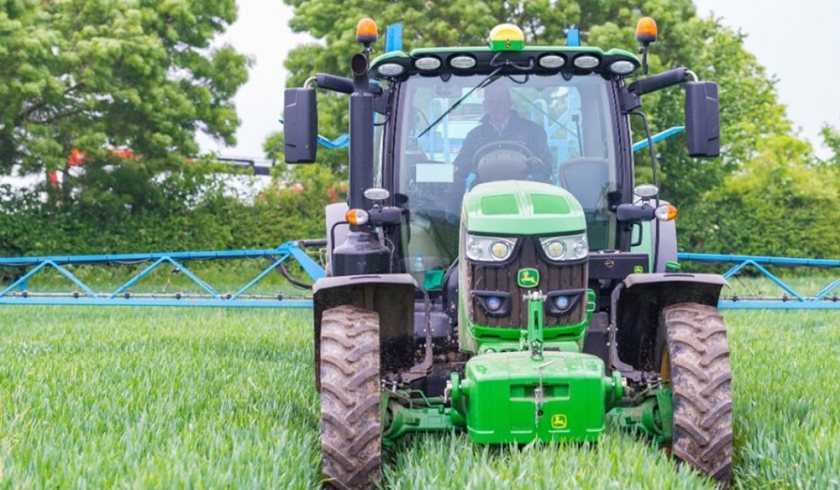
UK arable growers will soon gain access to the first independent field data on biofungicides, as AHDB launches pilot trials to tackle wheat’s most costly disease.
The replicated studies, running across the 2025/26 and 2026/27 seasons, will test how biofungicides perform against septoria tritici in winter wheat.
A consortium of leading research organisations – SRUC, ADAS and NIAB – has been appointed to lead the work.
Septoria is the most damaging disease in British wheat, costing farmers hundreds of millions of pounds annually.
Biofungicides, currently used mainly in high-value horticulture, could provide an additional tool for cereal growers.
These trials aim to build the evidence base needed to unlock that potential.
AHDB lead crop protection scientist Sacha White said: “Biofungicides have good potential for the arable sector, but their biological nature means they need particularly careful integration within crop protection programmes.
"Additionally, biopesticide activity is often established in controlled environments. This work will specifically examine evidence of efficacy in field conditions, where numerous factors can impact their performance, such as weather, disease progression and the wider spray programme.”
The trials will test products in line with manufacturer guidance on two wheat varieties with contrasting resistance.
By adjusting conventional fungicide doses, researchers hope to identify the point at which biofungicides begin to improve disease control and deliver yield benefits.
Working closely with the agrochemical industry, the consortium will select the most promising pre-commercial biofungicides for testing, paving the way for rapid release of product information once approvals are secured.
Results will be shared throughout the project, including updates at the AHDB Agronomy Conference on 9 December 2025 in Solihull.
